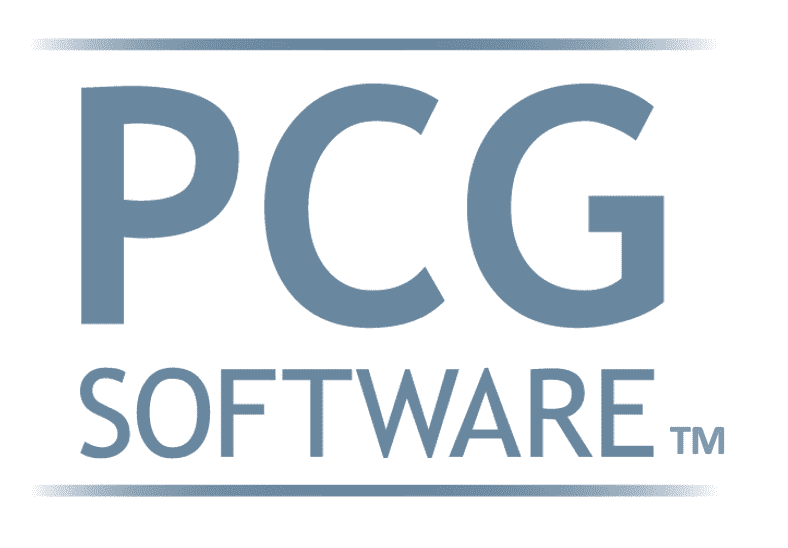Hospital Readmission Costs & Strategies
It's no secret that hospital readmissions are costly. In fact, according to a recent study by the Journal of the American Medical Association, the average cost for hospital readmission is nearly $18,000. But what exactly is hospital readmission? And how can hospitals and health plans avoid them? Keep reading to find out.
Define Hospital Readmission
Hospital readmission is the return of a patient to the hospital within 30 days of their initial discharge. In most cases, readmission presents with continuing or new symptoms, affecting patients who had been discharged for any number of conditions ranging from fractures to heart failure. In certain circumstances, hospital readmission can be beneficial as the patient may require additional intervention or tests in order to eliminate previously unidentified issues. However, increasing trends in repeat visits have raised concerns about complications associated with readmissions, particularly regarding mortality and incurred financial costs. Regular assessment and monitoring of patients that were recently discharged can help reduce high levels of hospitalization and this has become a priority focus for many medical institutions.
Why are Hospital Readmissions costly to patients and the health care system alike
Readmission of a patient to a hospital can have profound implications on both the individual as well as the health care system. These readmissions can be costly in terms of both time and finances. By readmitting a patient, it increases the overall per-patient cost, as hospitals are required to allocate additional financial and staff resources for further treatment that may not have been necessary if readmission was avoided. Also, readmissions really increase the risk of infection due to weaker immunity after readmission than before, which could make the readmitted case more vulnerable to any sort of complication or, in some cases, even death. The high cost associated with readmission affects both patients as well as health care systems--a situation that needs immediate attention from all stakeholders to curb its effects.
Steps during discharge to reduce readmission rates
Developing hospital discharge protocols is important when considering readmission rates. Proper protocols include creating and implementing individualized care plans that have measurable patient outcomes. Coordinating medical professionals to ensure all necessary preventative measures are in place, including follow-up instructions for return visits, medications, and other care-related information should also be required. Hospital staff should also ensure proper understanding of the plan between caregivers, family members, and hospital personnel so that everyone is knowledgeable about the shared goal of preventing hospital readmissions. Taking these steps will help to ensure hospital readmissions are minimized.
Primary and specialist follow-up on discharged patients to reduce readmission
Recent studies have shown that follow-up visits and patient monitoring after discharge can significantly reduce hospital readmissions. One study by the Journal of Hospital Medicine found follow-up visits to be extremely effective in reducing hospital use - follow-up after surgery was associated with a 14% decrease in readmissions, follow-up for the chronic disease had an 11% reduction, and follow-up medication therapy management could provide up to a 17% reduction. These follow-up visits can improve patient outcomes not only through monitoring compliance but also through proactive interventions when risk factors are identified. Furthermore, they serve as a valuable opportunity to help empower patients and equip them with the skills they need to properly manage their conditions at home.
Top CPT hospital discharge cpt codes that are used are
Discharge cpt codes are very important in ensuring that hospitals can accurately track and document the discharge dates and type of discharge for patients. The most popular discharge cpt codes used by hospitals include 99238, 99239, 99236, 99318, 99234, and 99217. These codes indicate whether a patient has been discharged following observation or a hospital stay and play a key role in the quality of care provided. Knowing the right discharge cpt code can help improve accuracy in hospital records and ensure that patients have access to accurate discharge information.
The percentages of readmission for commercial insurance, medicare, medicare advantage, Medicaid, and Medicaid advantage
A recent study looked at the percentages of readmission for different types of insurance. Commercially insured patients had the lowest rate, coming in at 12%, followed by those with Medicare and Medicare Advantage who both had a rate of 13%. Medicaid and Medicaid-Advantage boasted the highest readmission rate, 15%, higher than any other group studied. This highlights an important difference between this group of patients and those receiving other forms of insurance coverage. An understanding of potential readmission rates could be used to help ensure that optimal medical care is provided to everyone
Conclusion
Hospital readmissions should not be taken lightly, as they are disruptive to patients and their families and expensive for the healthcare system. It is important to know why and how to prevent, or at least reduce, the risk of being readmitted into the hospital. With proper education on the topic and utilizing available resources such as PCG Software's VEWS (Virtual Examiner Web Services) which can be integrated into any emr/ehr and claims adjudication software, you are taking proactive steps in preventing unnecessary hospital readmissions and denials. If PCG can help your hospital reduce readmissions, or if you're a payor looking to reduce readmissions of one of more hospitals, please contact us today.
References
https://onlinelibrary.wiley.com/doi/full/10.1002/jhm.2538
https://www.ama-assn.org/practice-management/cpt/what-are-cpt-codes
https://www.ncbi.nlm.nih.gov/pmc/articles/PMC4439990/
https://pcgsoftware.com/products-services/vews-virtual-examiner-web-services
https://hcci-data-analytics.org/quality/hospital_readmission_rates/index.html
Our History and Credibility in Reporting this Information:
For over 30 years, PCG Software Inc. has been a leader in AI-powered medical coding solutions, helping Health Plans, MSOs, IPAs, TPAs, and Health Systems save millions annually by reducing costs, fraud, waste, abuse, and improving claims and compliance department efficiencies. Our innovative software solutions include Virtual Examiner® for Payers, VEWS™ for Payers and Billing Software integrations, and iVECoder® for clinics.
Support Request
New Customer Quick Links
All Rights Reserved | PCG Software, Inc.
Website Created & Managed by Talents Into Profits


